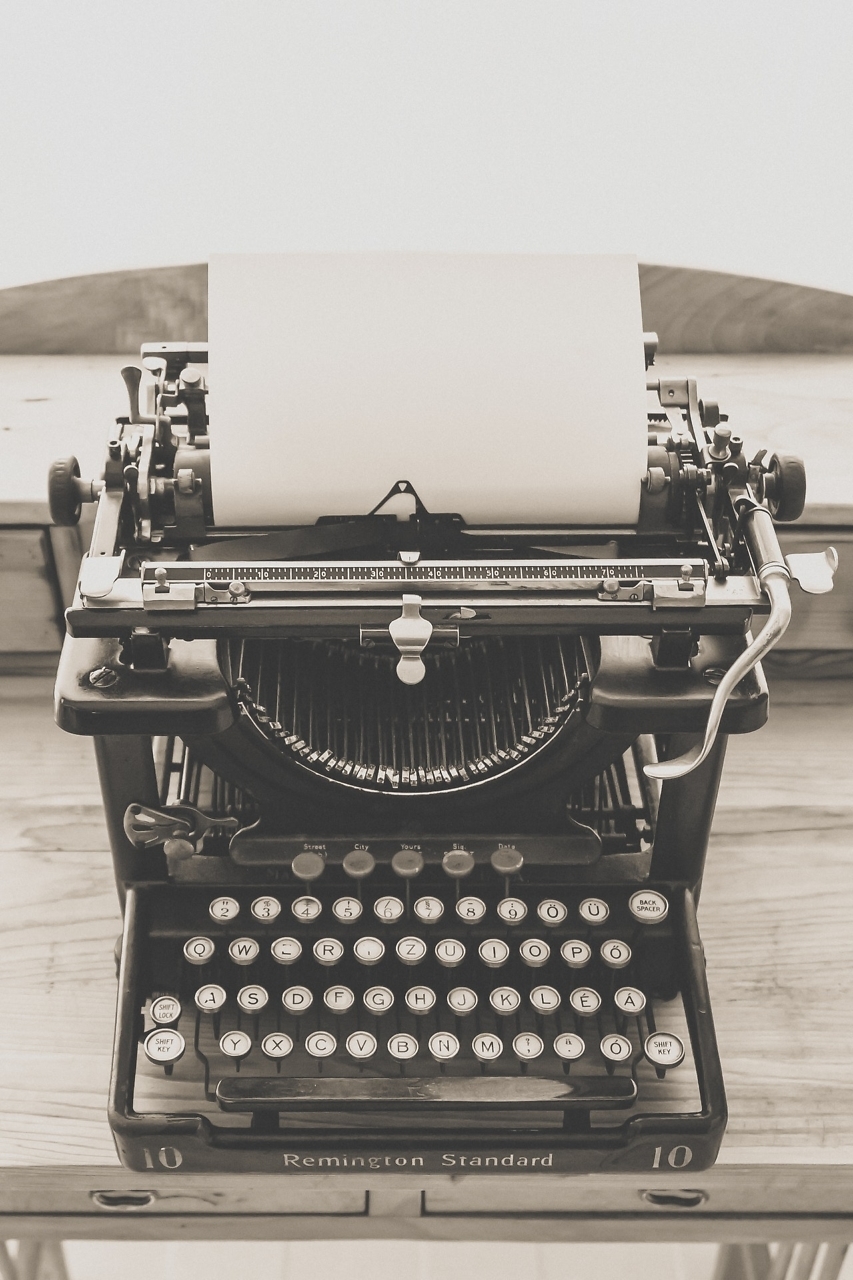Grasshopper
First-prize winner in the Tennessee True Stories Essay Contest
Chapter 16 is pleased to publish the winners in our Tennessee True Stories Essay Contest. Contest judge Mary Laura Philpott writes:
What a delight to read these true stories. The variety! The honesty. The intriguing opening lines and killer endings! In just about every submitted essay, the author took a subject or experience that had lodged in their brain and bravely examined it to determine why it demanded their attention. Thank you, writers who entered this contest, for in turn capturing my attention and letting me spend time with your words. I enjoyed the experience so much.
The best entries offered some element of surprise or unexpected meaning beneath their surface. That’s what makes great essays so much fun to experience. A closer look at a memory turns into a discovery of something that had been hiding in plain sight; an examination of self leads to a truer understanding of someone else (or vice versa); a story about something that happened to one person illuminates an emotional truth to which everybody can relate. And in today’s winning entry, what could have been merely a transaction between two people — a series of driving lessons — turns into a deeper connection not only between student and teacher, but between the student and the world of humanity around her.
Readers, I hope you’ll enjoy Yurina Yoshikawa’s essay, “Grasshopper.” (I’ve just recently found out our entrants’ full names after reading the essays blind.) And watch for our two other winning essays in the coming weeks. Writers: keep jotting down notes about what you see and hear, keep making connections in your heads, and keep sitting down to face the page.
*Editor’s note: This essay contains strong language.
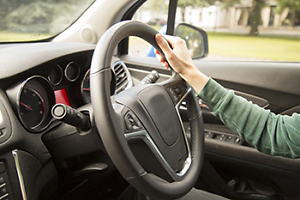 I was 28 years old when I first learned how to drive. I’d put it off for so long simply because I never needed it. Having grown up in Tokyo, I’d learned to navigate the complex train systems by the time I was in first grade. My mother would plop me in a basket chair attached to her bicycle whenever we went out, and we seldom drove the car that my father used to commute to work. Japanese law requires you to be at least 18 in order to drive, and I had already moved to New York City for college by then.
I was 28 years old when I first learned how to drive. I’d put it off for so long simply because I never needed it. Having grown up in Tokyo, I’d learned to navigate the complex train systems by the time I was in first grade. My mother would plop me in a basket chair attached to her bicycle whenever we went out, and we seldom drove the car that my father used to commute to work. Japanese law requires you to be at least 18 in order to drive, and I had already moved to New York City for college by then.
During the 10 years I spent in New York, I made do with the city’s dilapidated subways and grew more and more fearful of cars and drivers in general. They all seemed rude and reckless, just like their pedestrian counterparts, except they were encased in hard metal and could run over you if they felt like it. I even developed an anti-car narrative in my head, convinced I could get by for the rest of my life without ever needing a driver’s license: Bad for the environment. Costly. If we wait long enough, we’ll be surrounded by self-driving cars, anyway.
I never imagined settling down in a car-centric place. I was afraid it would signal a kind of defeat, going from a city girl to a Volvo-driving soccer mom. I could never relate to car commercials, let alone the idea of shopping for cartloads of things from Target or Costco or spending hours on a road trip when you could just take a plane somewhere.
But as the years went on, the subways remained dysfunctional while I was itching for an escape, for a life of more comfort and less stress. I thought about that bus driver who said, “Fuck it,” and took a long detour from the Bronx all the way to Florida. There was always that romantic idea about living somewhere far, far away. I didn’t know where, but when an opportunity came up for my husband in Nashville, we looked at each other and said, “Fuck it. Let’s go.”
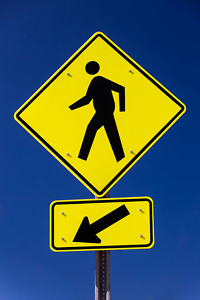 We moved into a cookie-cutter apartment in the heart of a walkable neighborhood, but we knew it was temporary and that I would eventually need to suck it up and learn how to drive. I followed positive Yelp reviews to schedule driving lessons with a man named James, not knowing what to expect from this experience. I signed up for five lessons, two hours each, and spread out the dates over the course of the next two weeks.
We moved into a cookie-cutter apartment in the heart of a walkable neighborhood, but we knew it was temporary and that I would eventually need to suck it up and learn how to drive. I followed positive Yelp reviews to schedule driving lessons with a man named James, not knowing what to expect from this experience. I signed up for five lessons, two hours each, and spread out the dates over the course of the next two weeks.
I was late to our first lesson because there was some miscommunication about the meeting place. Our apartment complex had multiple parking lots, and I had been waiting at one of them while James was waiting at the other. It was the middle of summer, and I was sweating through my t-shirt by the time I found his car, clearly marked with the driving school logo.
As I strapped myself into the driver’s seat for the first time in my life, James said to me, “Excuse me, Miss, but do you have an American name?”
I caught my breath, smiled, and said no.
“My last student was from China,” he said, “and he went by John.”
I was used to this kind of response. Whenever I mention that I’m Japanese, people respond with an anecdote about China or Korea. I usually respond with something like: “Okay. That’s nice.” In this instance, I remember apologizing to James. Yes, I was the customer paying for lessons. But James was the only person I’d talked to in the first week of moving to Nashville, outside of my husband and the local coffee shop guy. We would be spending many hours together, just the two of us in this little car. I wanted him to like me.
He laughed and said, “Yurina. Yurina. Yurina. I’ll do my best to remember, don’t worry.”
James went over the basics: adjust the seat, adjust the mirrors, place your foot on the brake, now the accelerator. Here’s what the P, D, R, and N stand for.
I was used to being a good student. I’d assumed driving would come naturally to me, but my hubris would be tested as soon as I shifted to D and hit the accelerator a little too hard, followed by a panicked brake, thrusting both of our bodies forward.
“Take a deep breath,” James said. “You need to go to Walgreens, go to Aisle 5, and get yourself a bottle of confidence. Open it up and take a big sip.”
This was a line he’d repeat throughout the lessons, sometimes more than once an hour. Sometimes he would switch it up to CVS, Aisle 6, or “chug” as opposed to “sip.” But the message remained the same.
“Sorry,” I’d respond out of habit, knowing what he’d say next.
“What did I just say? You need to take a big sip from that bottle. You got this, Grasshopper.”
“Okay.”
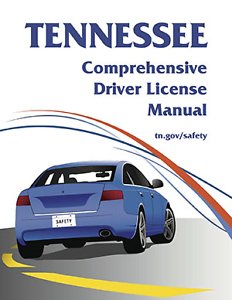 He kept calling me Grasshopper, and I kept wondering if he called all of his students that, or if it was particular to me because of its Kung Fu reference, with me as his Asian apprentice. I figured he’d simply forgotten my name.
He kept calling me Grasshopper, and I kept wondering if he called all of his students that, or if it was particular to me because of its Kung Fu reference, with me as his Asian apprentice. I figured he’d simply forgotten my name.
And then I thought of the grasshopper in Aesop’s Fables that procrastinated all summer instead of working, like the ants, to store food for the coming winter. I too had put off learning how to drive until the very last minute. And like the insect, I too was hopping from place to place without much of an end goal in sight. Ever since the big move, I would sometimes wonder whether we’d made the right decision to leave our life in New York. Would we grow tired of Nashville one day and find ourselves moving once again to another city? Would I ever settle?
“Grasshopper.” In the end, I didn’t know what James meant by it, but he’d said it so affectionately that I never thought to find it offensive.
After a couple of our two-hour lessons, I was smoother with my brakes and turns, and I could tell that James was more comfortable letting me drive without his hands on the instructor’s wheel. He’d lead us onto one of the highways and we’d ask each other questions about our lives. He was curious about Japan. I was curious about his past as a schoolteacher and principal. I told him about New York. He spoke of his disillusionment with the city’s education system. He had me drive to the neighborhood where, rumor had it, Oprah’s father still lived. It was a nice residential area with giant houses and front yards that were vast, each one like a little hill of its own.
When we weren’t talking, James would turn up the volume on NPR. One of our lessons took place the day after the Charlottesville rally. We listened to the story together in silence. Heather Heyer had been confirmed dead after being run over by a white supremacist. I gripped the wheel tighter, suddenly aware once again of this metallic machine that could easily turn into a weapon. I could see James shaking his head and sighing. James, a black man who had lived in Nashville all his life, was heartbroken.
“All of this,” he started, but didn’t finish the sentence.
I wanted to say “I’m sorry,” but I stopped myself and ended up saying, “It’s so awful,” knowing that my words still lacked everything I was feeling in that moment. I felt like such a foreigner then, despite all the years I’ve spent in the U.S., despite my green card and the fact that I feel more comfortable speaking in English over Japanese.
I knew that James was just my driving instructor, but he was, in my mind, my very first friend, or friend figure, in Nashville. Two hours was a long time to spend with someone who wasn’t a friend. Wasn’t it? I wished we could pull into a coffee shop and hug and cry over doughnuts instead of silently driving around in circles. I wanted to be able to text him later and ask him if he was okay.
On our last lesson, he taught me how to parallel park even though the Tennessee driving exam wouldn’t test me on it. Afterwards, he said I was more than ready to get my license. And I knew I was.
I didn’t want our time to end. I was no longer the grasshopper, but that was better than going back to two disparate dots moving in different directions in the same city. It was a difficult goodbye that I still think about, with him moving into the driver’s seat and me waving from the parking lot until he was out of view.
The last thing he said to me was: “It’s been a pleasure, Yurina.”
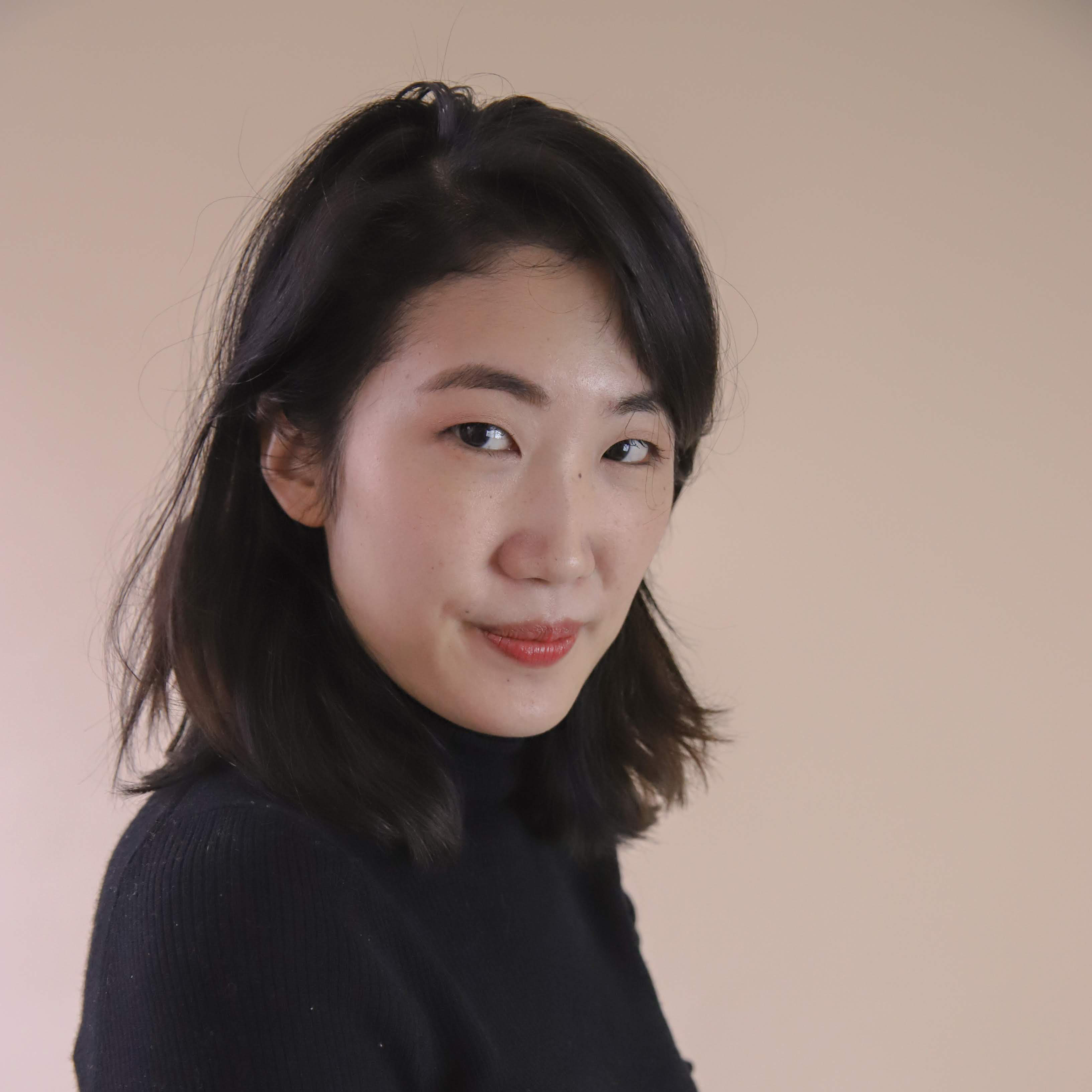
Copyright (c) 2020 by Yurina Yoshikawa. All rights reserved. Yurina Yoshikawa holds an M.F.A. from Columbia University and teaches fiction and nonfiction writing at The Porch Writers’ Collective. Her writing has appeared in The New Inquiry, Hyphen Magazine, and elsewhere. She lives in Nashville.

